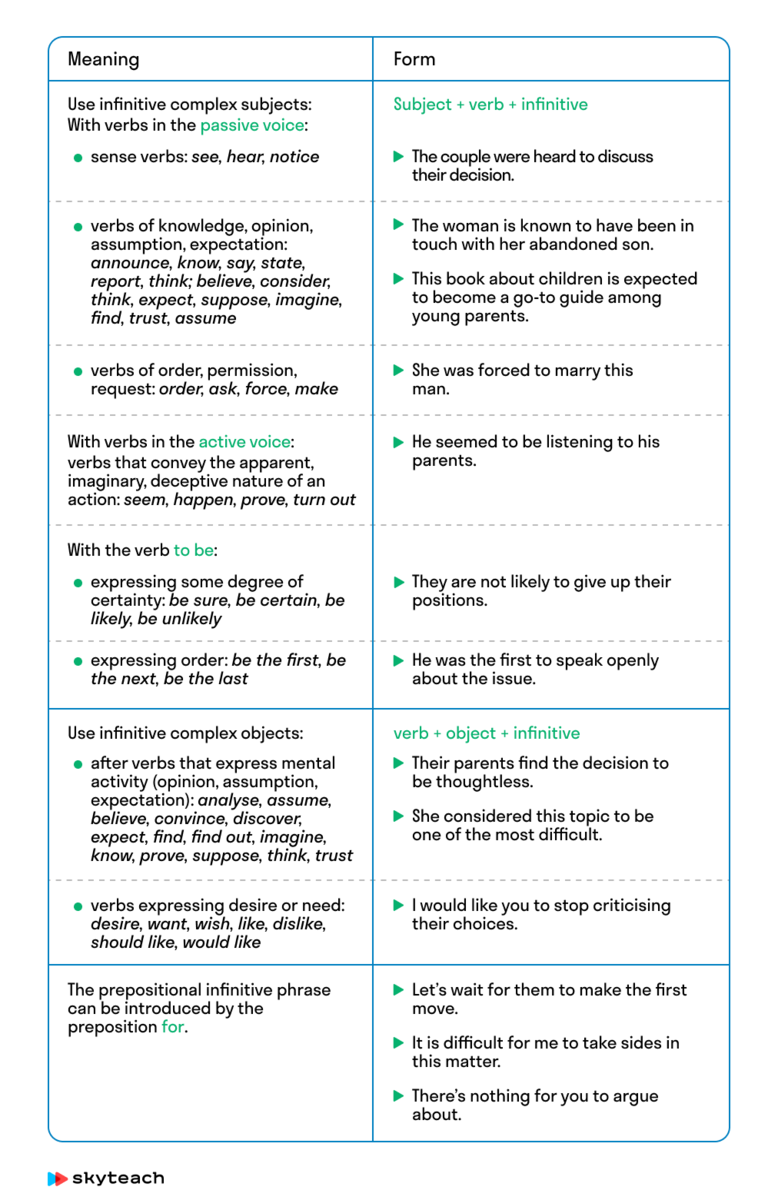Как помочь ученику заговорить? Заинтересовать его темой урока! Как насчет того, чтобы обсудить желание иметь и не иметь детей? Предлагаем поговорить об этом по нашему плану дискуссионного урока на тему Childfree.
Эту статью подготовили для вас методисты Skyeng на основе существующего часового урока по теме чайлдфри для нашей собственной платформы. На платформе урок включает интерактивные упражнения, аудио, видео, грамматические степы и много других материалов. Вы легко найдете урок 35 в курсе New General English Advanced.
Содержание:
- Warm Up
- Словарь урока
- Грамматика, которая встраивается в тему
- Практическое задание
- Дополнительные материалы

Warm Up
Настройтесь на тему, обсудив следующие вопросы:
- What do you think of the voluntary choice not to have children?
- Do you know the difference between a nuclear and extended family?
- Do you think men should be able to legally opt out of fatherhood? What are the possible pros and cons of such a decision?
- Is it possible to get rid of preconceptions and narrow-minded judgement completely? Why (not)?
- What regrets might a person who decided not to have children have?
Словарь урока
perspective — точка зрения
preconception — предрассудок
second thought — пересмотр
narrow-minded — узкомыслящий
eye-opening — проливающий свет
convincing — убедительный
to opt out — отказываться
disinclined — несклонный
unsolicited — непрошеный
protanalist culture — культура поощрения деторождения
✔ Полезный совет: небольшой обзор темы и грамматики поможет студенту понять, о чем он узнает и чему научится:
In this lesson, you will discuss why people might choose not to have children and if it is the right choice. You will listen to different stories and practise using complex subjects and objects. You will also have the opportunity to learn and practise the vocabulary related to the topic of making decisions.
Грамматика, которая легко встроится в тему
Изучите тему Complex subject/object в контексте темы урока:

Практическое задание
Послушайте подкаст:
Вам может пригодиться транскрипт:
Zac: So, in today’s podcast, we’ll address several preconceptions and talk about how tired we are of other people saying that the clock is ticking.
Mary: Yeah, my mum used to tell me «Have a child, it will all click in». Her unsolicited assurances about what my body wants weren’t very convincing, though.
Zac: So yes, first, it’s not a decision that you make once and for all, at least not for me, because in every relationship you enter into you have to bring it up with your new partner.
Mary: Absolutely. You know, at different stages of our lives, I’d say once every 2 to 4 years, the topic comes up and my partner and I always say «no». But do you ever have second thoughts about this?
Mary: Well, first I grew up assuming that getting married and having children is the only option. Then my two younger sisters got pregnant, and I saw how their lives changed, what kind of problems they started to have. Their experience was eye-opening. One of them is a single mom now, and the child has grown up without a father figure. Actually, now that almost 20 years have passed, she is finally able to get her groove back, but I still have a fear of not being able to enjoy life for so long. Do you know what I mean? (Zac: Yeah.) What about you?
Zac: I’ve always been a very ambitious person, and while I’m sure that if I had children, I would love them, I think, to some extent, I might feel held back by them. Children deserve to be loved 100%, and I’m not sure I could give them that.
Mary: Absolutely true. Next, did you know that people disinclined to have children are saving the planet? According to one study, even having one fewer child decreases CO2 emissions.
Mary: Fair enough. For many people children equals joy. My joy comes from my family, friends and my lifestyle, which I probably couldn’t have if I had children. What’s your take?
Zac: I guess all of us are missing out on something, that’s absolutely normal. Parents are missing out on some aspects of the lives that childfree people enjoy. We can’t do it all — it’s impossible to have every life experience. Just don’t be narrow-minded and intolerant of alternative opinions.
Mary: And a very important point: we don’t want to make parents feel guilty, or offend them. (Zac: By no means.) Procreation, after all, is natural. We just ask to respect our choice as we do yours.
Задайте ученику вопросы — на каждый из них он может ответить “Zac”, “Mary” или “Both” (для вашего удобства верные ответы на эти вопросы мы указали в скобках)
- Who mentions typical phrases used by other people when saying that they don’t have children? (both)
- Who admits that being childfree is a choice they have to re-examine? (both)
- Who admits to having second thoughts about being childfree? (Zac)
- Who based their decision on the experience of close ones? (Mary)
- Who is afraid their career might influence their dedication to future children? (Zac)
- Who brings up the topic of raising children in modern society? (Zac)
Вы также можете спросить:
- Can you name the reasons they mentioned for being childfree?
- Do you think these people provide valid reasons?
• Do you agree that people who decide to become teachers tend to like children? Why (not)?
• Can you say that you live in a pronatalist culture? (a culture that encourages people to have children and promotes reproduction of human life) What are the characteristics of it?
• Can having children guarantee that you are not alone in your old days?
• Have you ever had a feeling of missing out on something that everyone seems to be doing? How did you cope with it?
• In what situations can you say «let bygones be bygones»?
Чтобы подвести итог урока, попросите ученика отметить то, чему он научился: Tick the things you have learnt.
Now I can:
- understand the details in a linguistically complex audio recording;
- use complex forms of infinitives;
- use new vocabulary to talk about life choices.
Дополнительные актуальные материалы
- Мифы о матерях, отказавшихся от воспитания детей
- Почему папа Франциск считает людей, у которых нет детей, эгоистами?
- Что такое X-фактор и почему женщины поколения X чаще не хотят иметь детей
- Четыре причины, по которым «бездетные по своей воле» могли сделать неправильный выбор — анализ аргументов чайлдфри
Продуктивных уроков!
Другие планы уроков для интересной дискуссии:
Экономьте время на подготовку к урокам и проверку домашних заданий со Skyeng. Удаленный формат занятий, защита от внезапных отмен и график, который настроен специально под вас. Подробности по ссылке!












 Анастасия Пермякова
Анастасия Пермякова